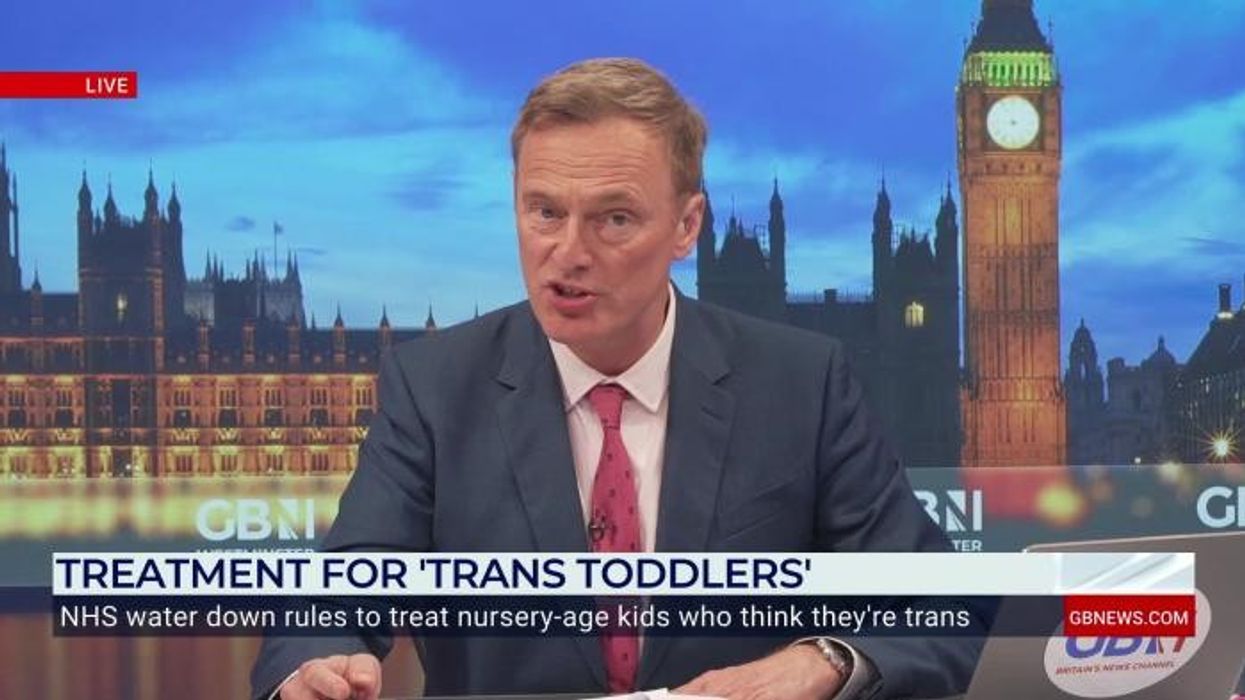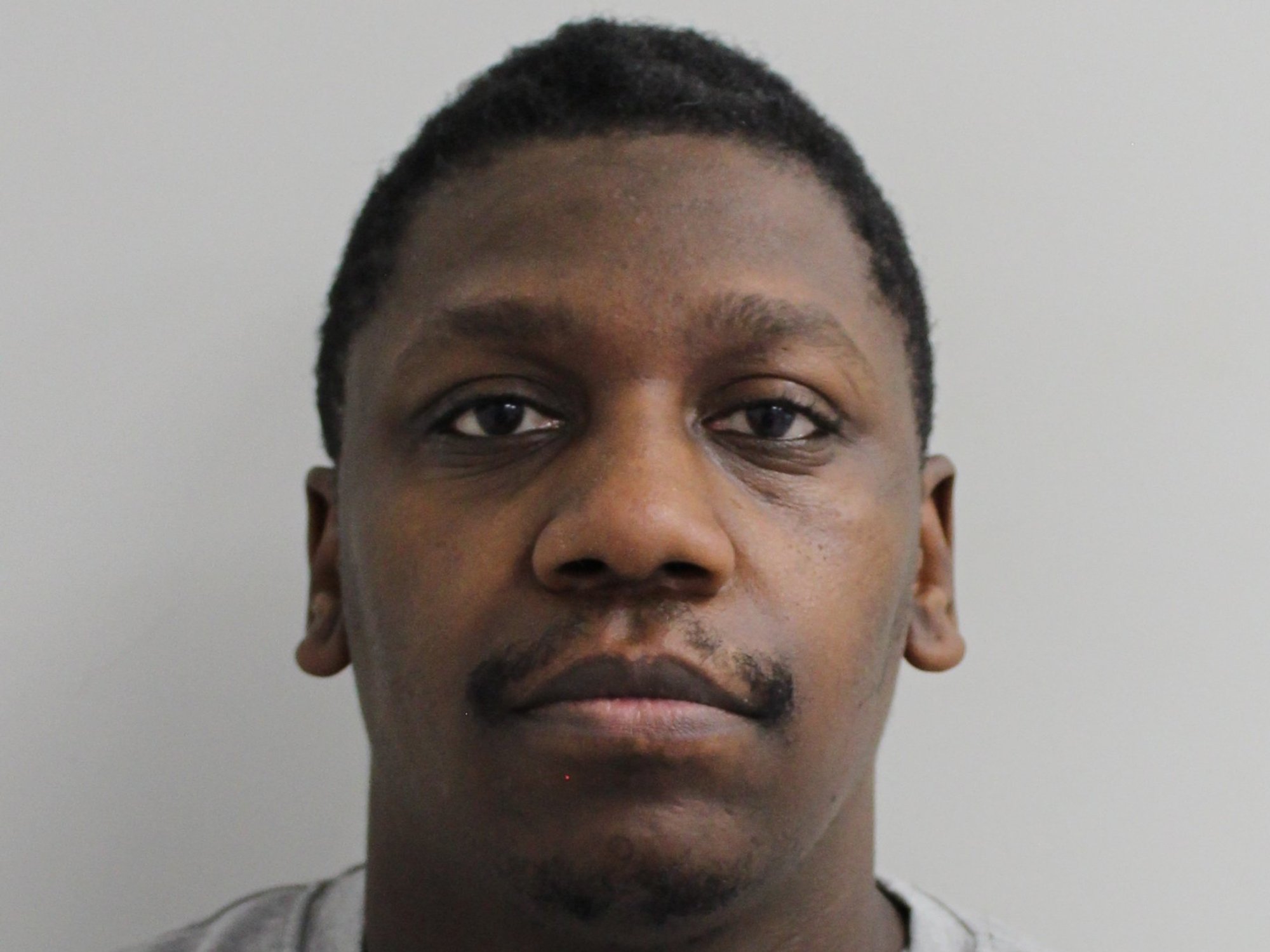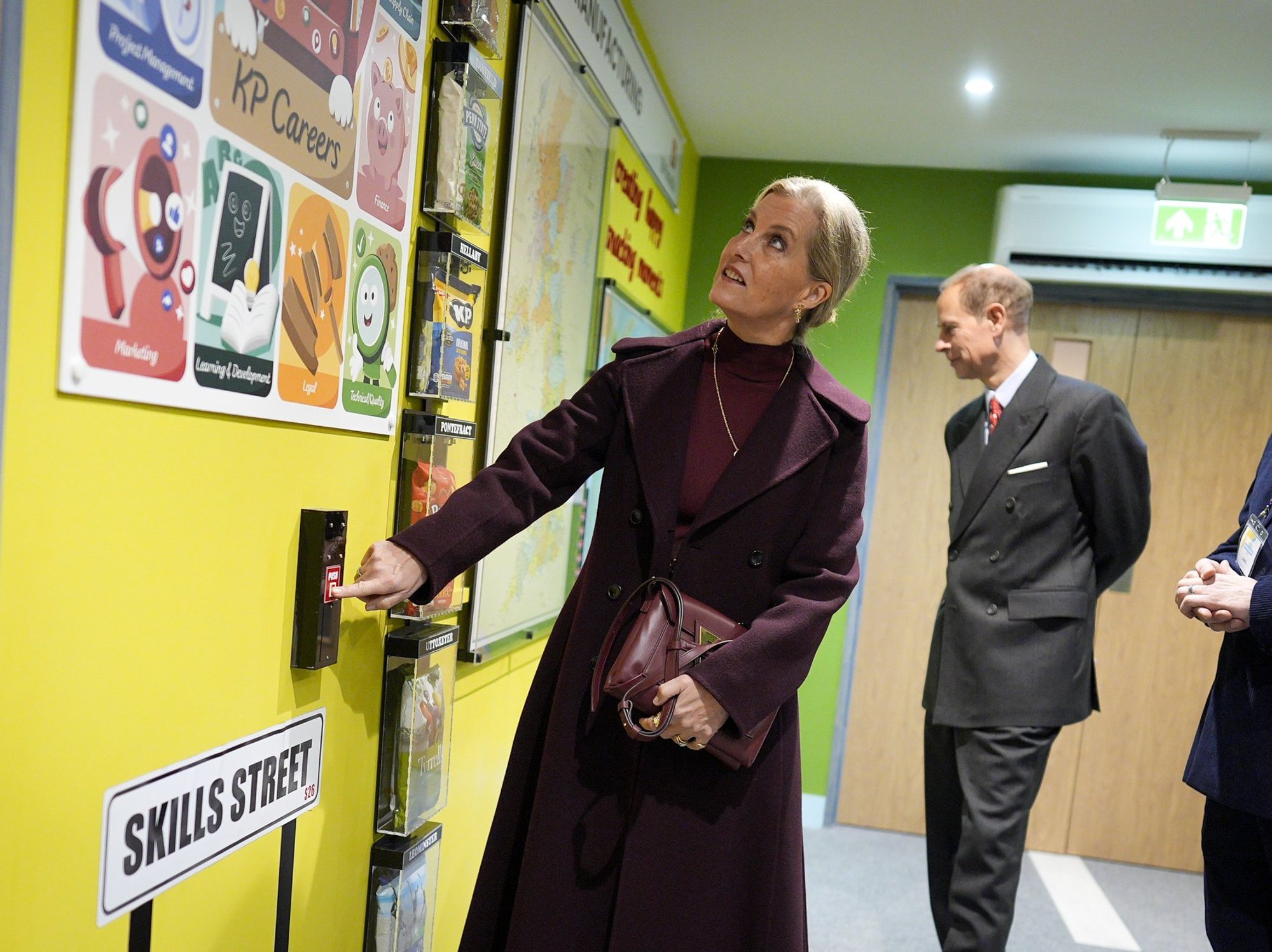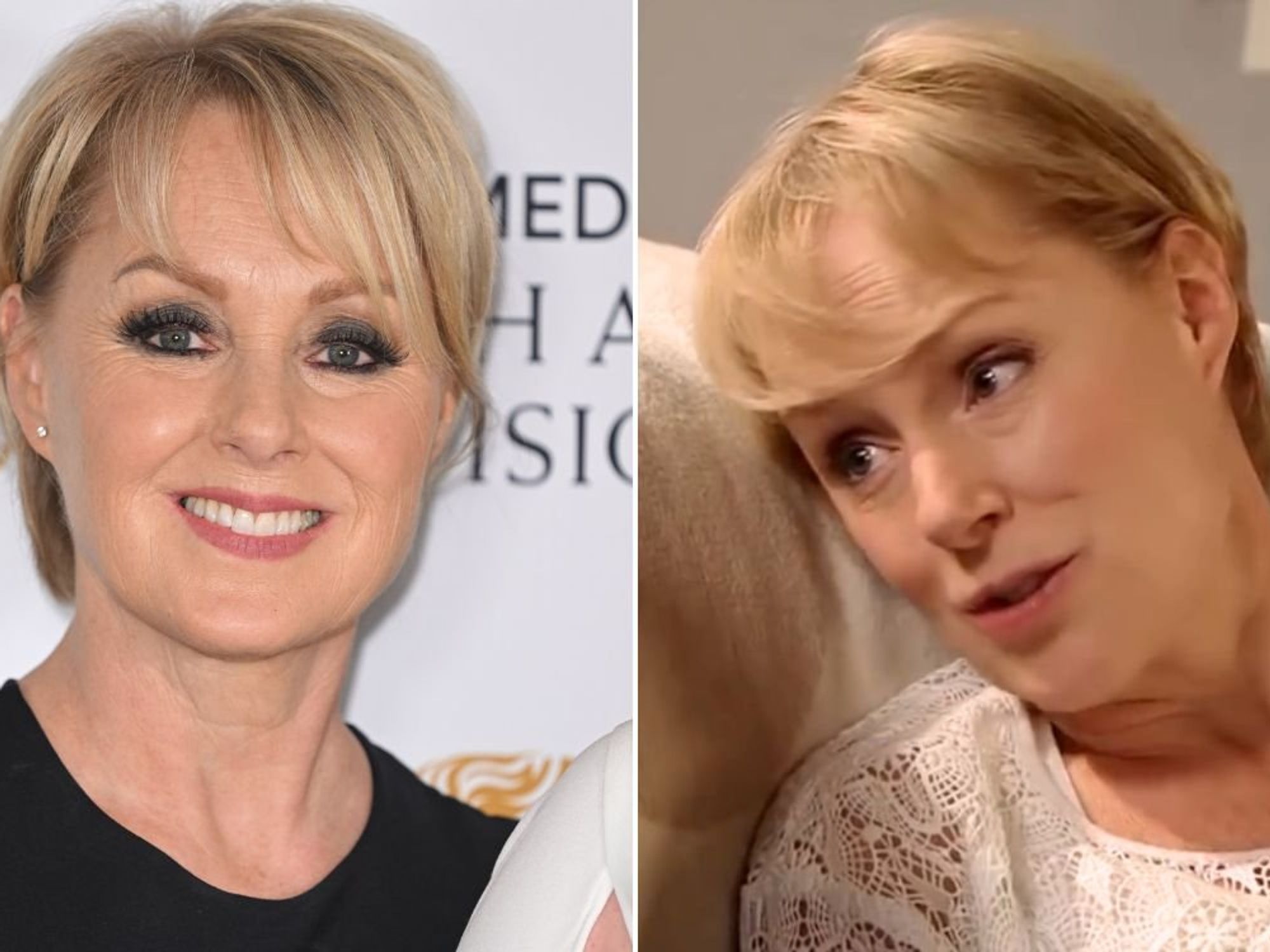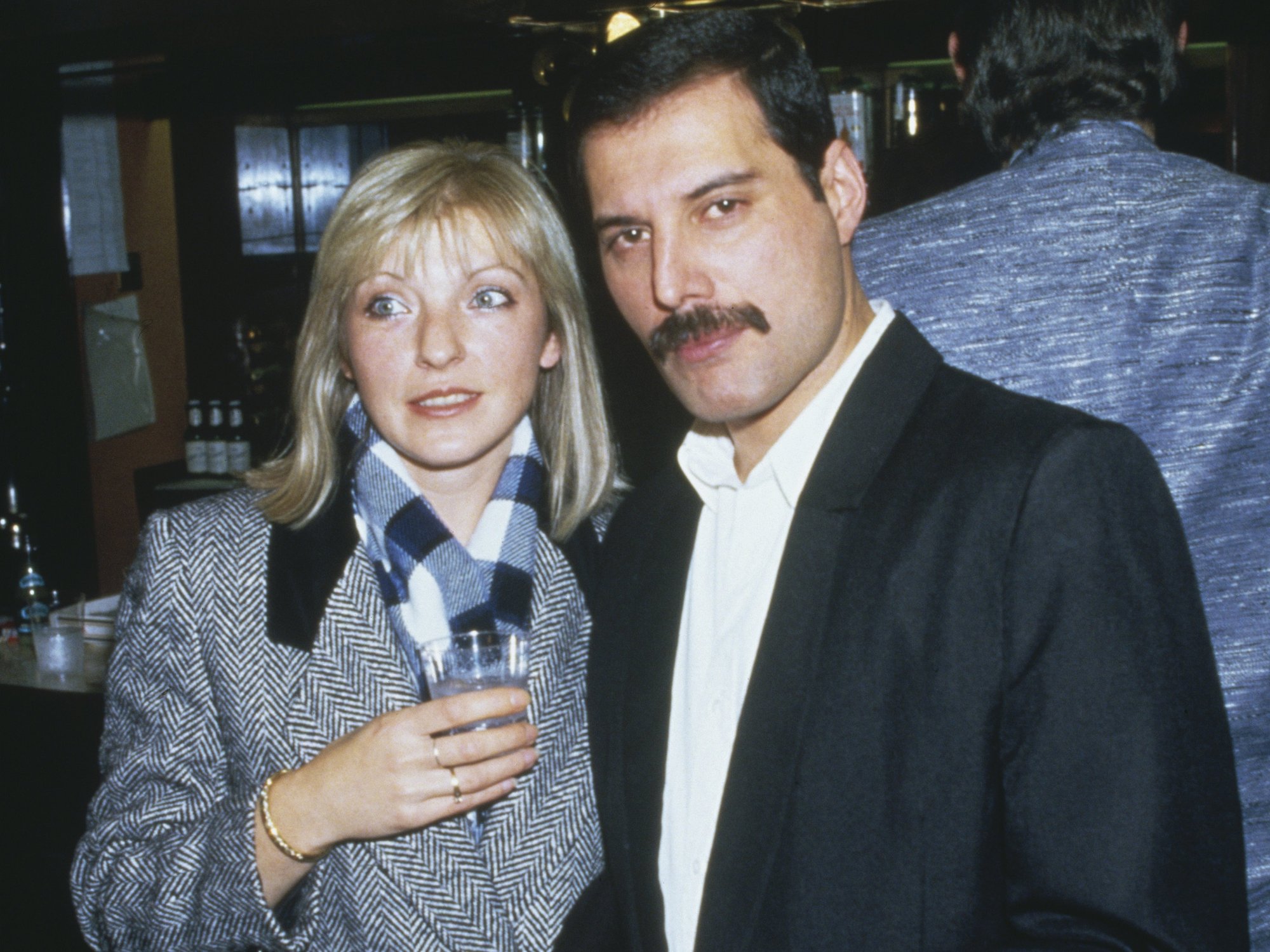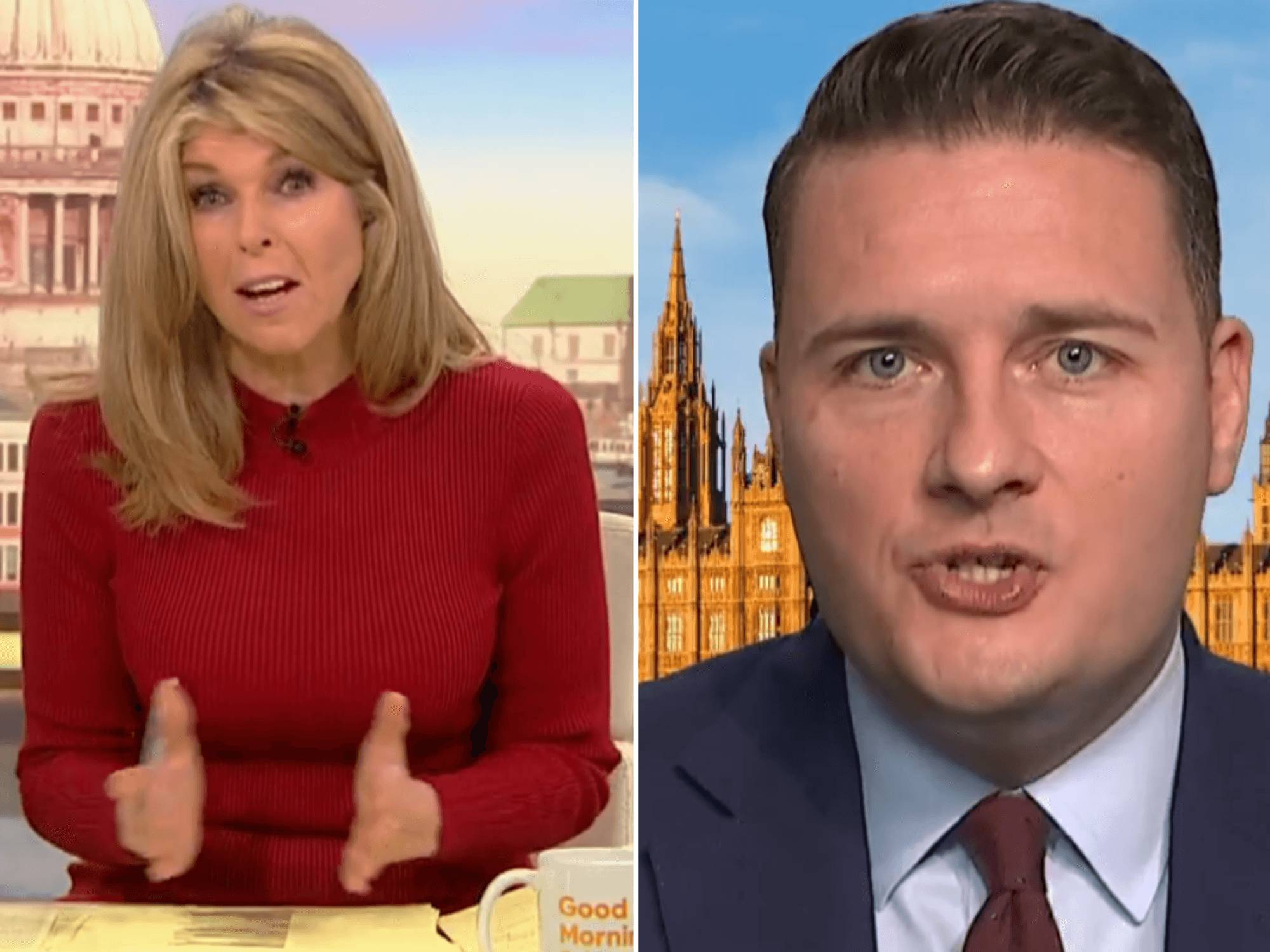‘What on earth?’ Martin Daubney staggered as gender doctor thanks NHS for ‘treating trans toddlers’

Helen Webberley founded the controversial GenderGP
Don't Miss
Most Read
Latest
Former NHS GP Dr Helen Webberley sparked exasperation on GB News when she thanked her former employers for ‘offering treatment to trans toddlers’, saying it is the health service “we know and love”.
Webberley founded the controversial GenderGP, a controversial clinic which offers treatment for transgender patients online.
Speaking on GB News, she offered her take on the NHS treating nursery-age children who identify as transgender.
The health service scrapped a minimum age limit of seven years old.
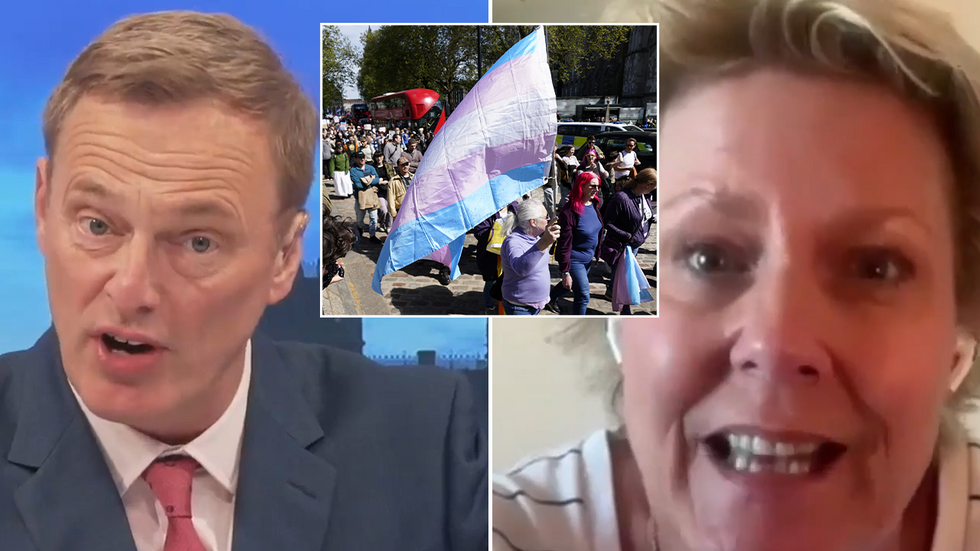
Martin Daubney locked horns with Helen Webberley
|GB NEWS / PA
Martin Daubney questioned: “Nursery age children believe the moon is made of cheese.
“How on earth can they have the faculty to believe they can change gender?”
LATEST DEVELOPMENTS
She responded: “We’ve got to think about what we mean by ‘treat’. I really welcome this by the NHS. I think this is the NHS we know and love, where nobody is turned away on the account of age, ability, gender.
“What the NHS is saying is, if you have a child under the age of seven who is saying they are transgender, asking what gender means or the family is struggling, they can sit and talk to a professional person for support.
“I think this is marvellous from the NHS. Thank you from the trans community.”
Asked if it is possible for somebody to actually change sex, she said: “It’s not the legal rules.
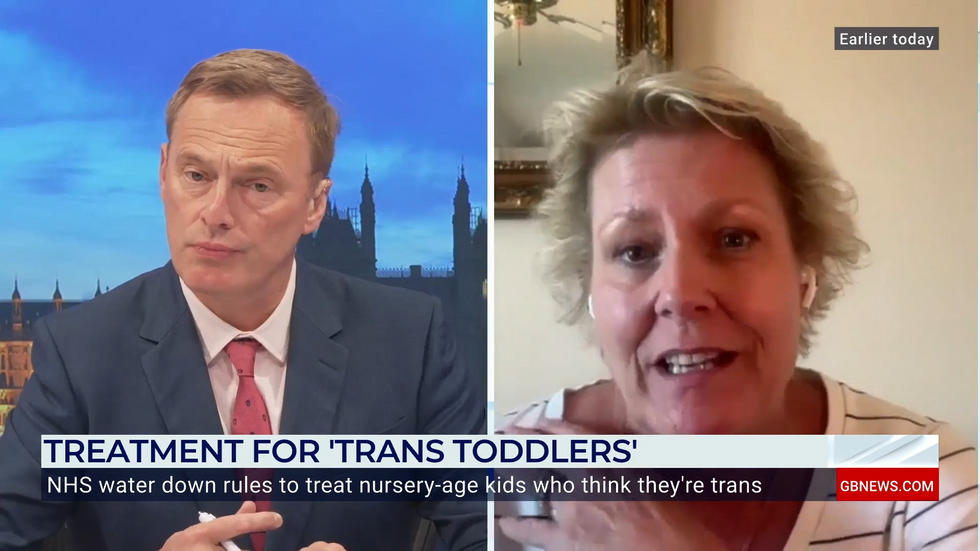
The doctor helps trans people get treatment and has proscribed puberty blockers in the past
|GB NEWS
“If you’re talking about chromosomes, you can’t change that. But we’re talking about gender identity and that is something deeply within, it’s very personal.
“It’s assigned at birth but as a person develops, they can say ‘actually I’m a boy or girl.”
Martin put it to Webberley that often young children identifying as trans are often autistic and are taught about it from a young age, therefore it is planted in their heads that transitioning is a good idea.
“I think we need to be careful of being respectful of being on the autistic spectrum”, she said.
 The NHS is treating nursery-age children who identify as transgender (file photo) | GETTY
The NHS is treating nursery-age children who identify as transgender (file photo) | GETTYHe responded: “There’s a huge crossover though - you have to admit that’s a reality.”
She hit back: “That link is nowhere near as huge as society would like us to believe.”
Up to 10 children of nursery age are being treated, according to new data released by the NHS under freedom of information laws.
As many as 157 children aged nine or younger have been referred to specialist gender clinics.
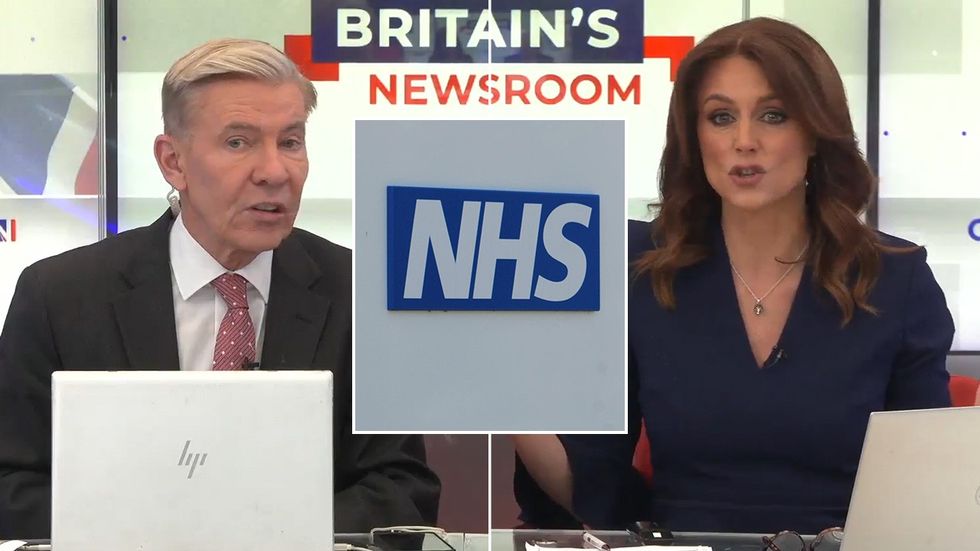 Andrew Pierce and Bev Turner hit out at the NHS for offering gender services to toddlers | GB News / PA
Andrew Pierce and Bev Turner hit out at the NHS for offering gender services to toddlers | GB News / PAThe children are not given powerful drugs such as puberty blockers at the clinics, but are offered counselling and therapy along with their family.
The NHS said any care for children aged under seven would be focused on family support and advice.
The guidance was drawn up following the Cass review into children's transgender services, which found the NHS had been sending children on a one-way path to change gender at the Tavistock clinic.
The NHS maintains it is following the Cass review's recommendation not to set an age limit.
The new guidance has raised concerns among some experts. Helen Joyce from Sex Matters warned that pre-adolescent children typically outgrow gender confusion if "sensitively supported" rather than encouraged to believe in a separate gender identity.
However, Stephanie Davies-Arai of Transgender Trend suggested it was better for parents to consult doctors than rely on advice from activists.
The current child gender services are operated by London's Great Ormond Street Hospital, Alder Hey Children's Hospital in Liverpool, and University Hospitals Bristol, with another service planned for the East of England later this year.
So far, about 250 children have been seen by the new services.
The NHS plans to have seven or eight services operating across the country, which will allow it to see up to 200 new children per month.
The waiting list stands at 6,225 as of the end of March, up by 12 per cent from 5,560 a year earlier.
The average waiting time has risen to more than two years, from 100 weeks to 116. Professor James Palmer, NHS medical director for specialised services, said children and their families "can access mental health support if they need it" while on the waiting list.


